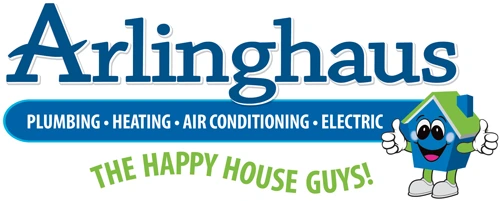A sudden, and unexpected, expense can cause stress, and raise red flags for nearly all of us. Recently we’ve learned that many A/C or heating systems are being diagnosed as unrepairable due to compressor failure or a cracked heat exchanger, but before you invest in a new air conditioning or heating system, it’s important to make sure you are making the right decision and that the problem is accurately diagnosed. Here’s some information to help you understand compressor failure and cracked heat exchangers and how to avoid buying a new, unneeded system.
What Is a Compressor and How Does it Fail?
A compressor is the “heart” of the air conditioning unit. The air conditioning unit uses the compressor and refrigerant (sometimes referred to as freon) to remove the heat from the air. The compressor is basically a large electric pump that pressurizes the refrigerant gas, turning it back into a liquid. There are many reasons why a compressor can fail. Here are the most common:
- dirty filters or dirty coils
- undersized or oversized systems
- blocked suction lines
- low refrigerant charge
- incorrect suction sine size
- too much refrigerant
- electrical problems
- contaminants in the system
Compressor failure is often misdiagnosed, which can be a very expensive, unexpected problem. Sometimes the misdiagnosis is nothing more than a simple mistake by the technician. Finding the right cause behind compression failure can be a process of elimination, and it takes time, knowledge and effort to narrow the list, find the culprit and diagnosis whether it can be repaired or not. Other times the “misdiagnosis” is because the technician wants to sell you a new air conditioning unit or furnace you do not need. Unfortunately, this unethical practice has raised many concerns recently.
What Is a Heat Exchanger and How Does it Crack?
A heat exchanger is located inside the furnace and separates the flame from the air inside the home. The furnace burns the fuel (natural gas, propane or fuel oil) and warms the heat exchanger, which then warms the air in your home. When these types of fuels burn, they produce carbon monoxide (which can be deadly). The heat exchangers role is to contain these dangerous fumes and transfer them out of the flue. A crack in the heat exchanger can cause carbon monoxide to leak into your home, which can cause illness and possibly death in extreme cases. A cracked heat exchanger can be caused by:
- insufficient airflow from an undersized or oversized system
- a clogged air filter, which leads the heat exchanger to overheat and suffer from excess expansion and contraction resulting in tiny cracks over time
Heat exchanger failure is often an untruthful diagnosis rather than a misdiagnosis. Unfortunately, we have found heat exchangers with pencil lines drawn onto to look like a crack, which are shown to the homeowner’s in photos. But keep in mind that a real cracked heat exchanger diagnosis is problem you’ll want to address as soon as possible.
Not Every Diagnosis Is False – But a Second Opinion Never Hurts
Because of a cracked heat exchanger can be so dangerous, it’s important to us to help educate and provide information you can use to protect your family. With all HVAC repairs or consultations, you should seek a second and third opinion. But if your air conditioning or heating system has recently been diagnosed as unrepairable, it’s absolutely essential you get a second opinion.
Not all HVAC companies are created equal, and one company may offer a longer labor warranty, utility rebate incentives, tax credits, financing options, factory rebates or another option that fits your budget and needs better than the initial company you contacted.
If you would like more information about cracked heat exchangers or failed compressors or if you would like to schedule a free second opinion, please call our office at 859-838-3009.


